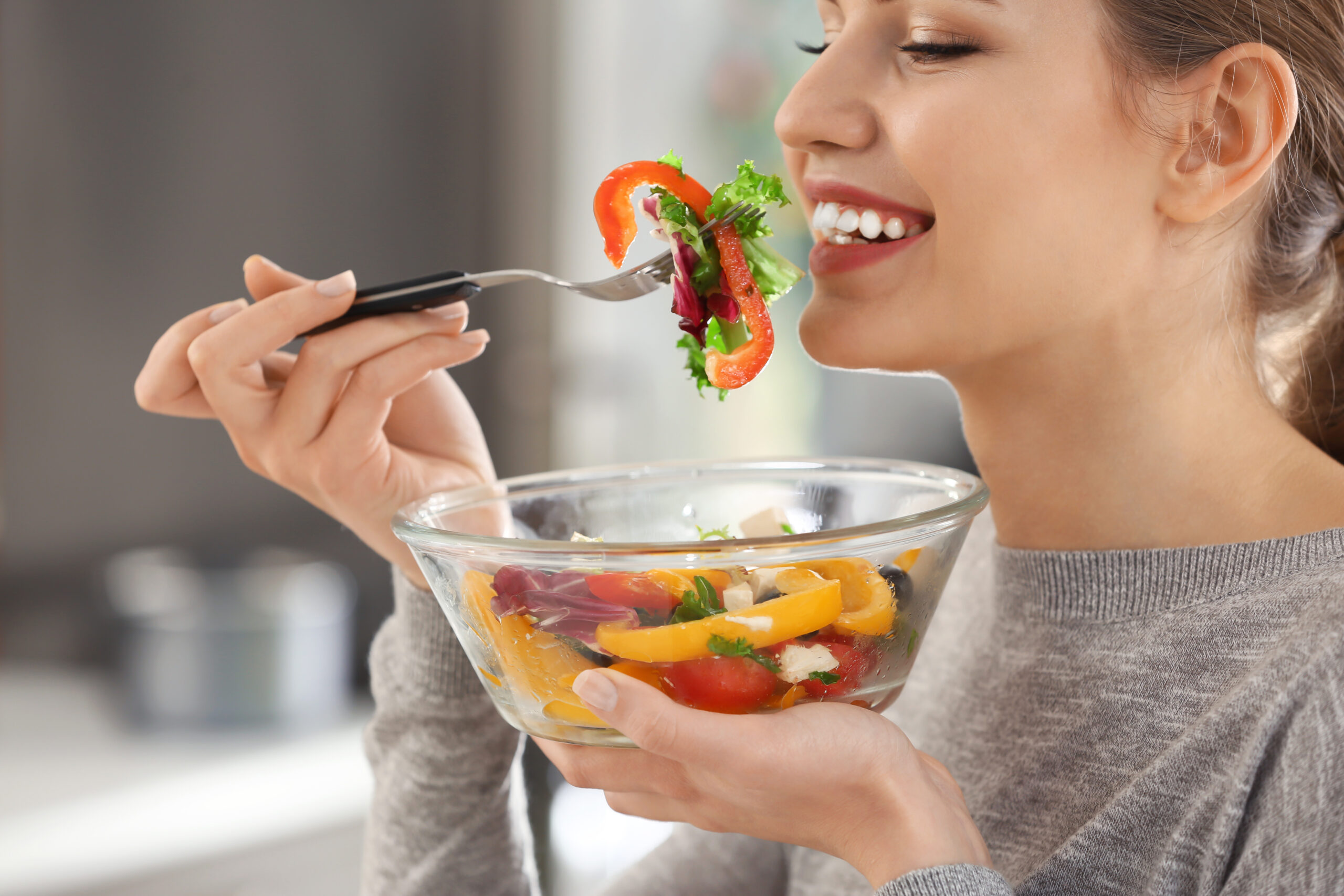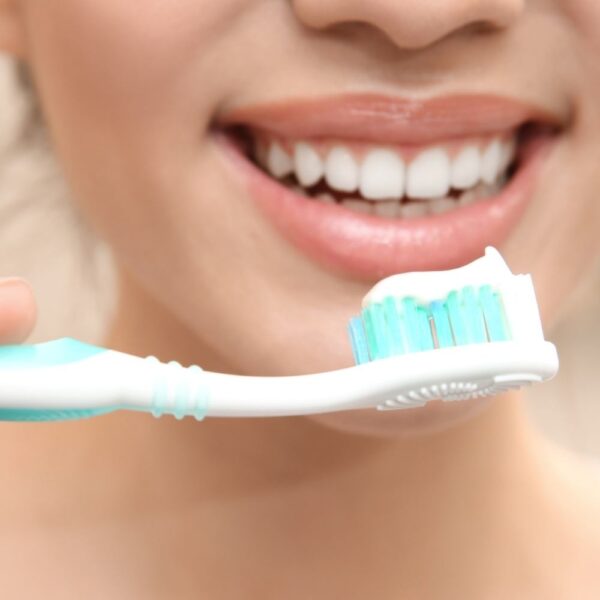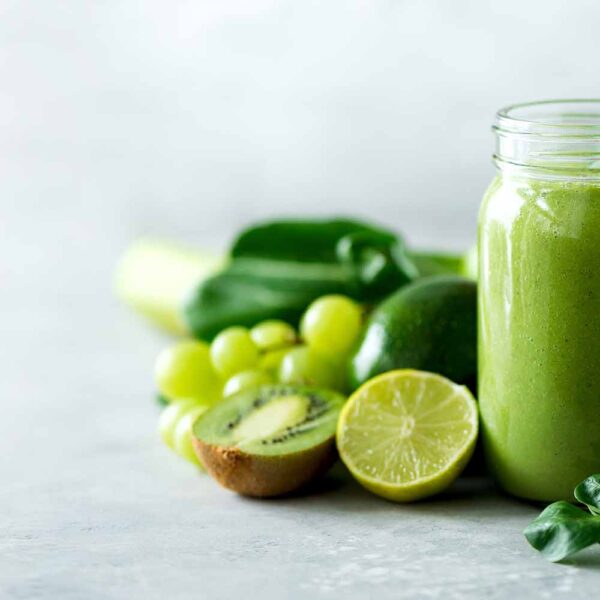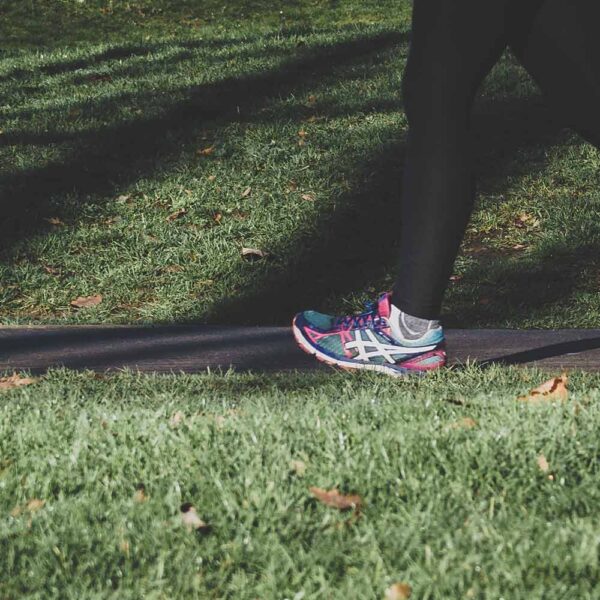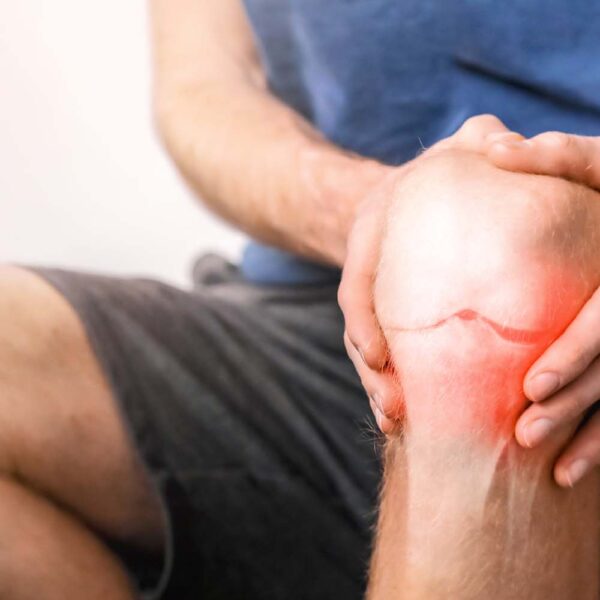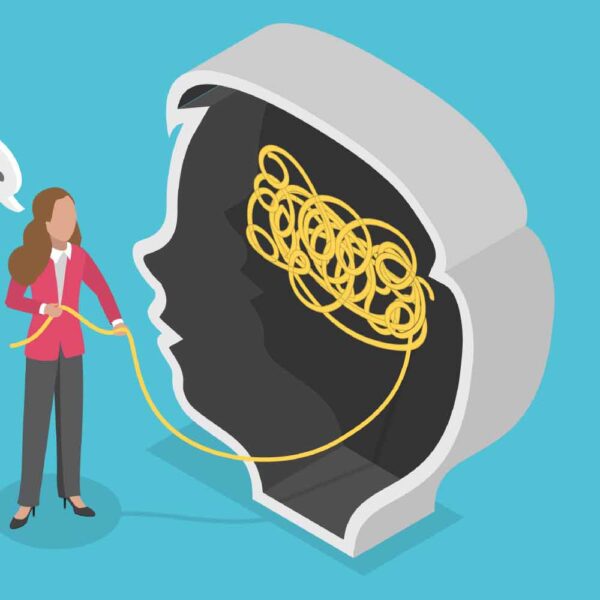Has anyone ever told you that the way you chew your food could influence your weight loss? Well it’s true – try it. Digestion starts in your mouth where salivary amylase begins to digest any starches. If this ‘science moment’ has already lost you, we’re sorry – it’s just a starch-digesting enzyme. “But I don’t eat starch”, you may say. Oh really? Everything which is not fat or protein contains some starch (another word for carbohydrates) and needs to begin the digestive process in your mouth. That’s why you have teeth. We’ve watched people get food down their throats as though there were no tomorrow, as if eating was a race. They want to see how fast they can polish off that plate of food, and then wonder why they feel bloated, uncomfortable and can’t lose weight. It all starts with chewing your food.
Eating in a distracted fashion instead of ‘mindful eating’ is a really important part of eating and chewing. You want to have no distractions from TV, cell phones or iPads. People around you are the only ‘distraction’ you need as you bond together over a leisurely meal. Emphasis here on ‘leisurely’ too by the way – eating in a rush can interfere with digestion and cause further misery. Mealtimes should be leisurely, relaxed experiences, not smash-and-grab, eat-as-fast-as-you-can experiences. When you concentrate on what you are eating, you chew more, your body is relaxed and not tense, all of which makes for better digestion. So instead of literally ‘inhaling’ your food at a furious pace, settle down to enjoy every meal, eat mindfully, chew your food well, take it slow, and you’ll see the difference in your health and weight.
Another scientific nugget alert – skip it if you don’t like these bits! In the mouth are specialised enzymes called salivary amylase, which begin the very important process of digesting starches. If food screams through the mouth down the hatch and reaches the stomach hardly chewed without that all important step, there will be considerable discomfort. Our stomachs don’t have teeth you see, our mouths do – so it’s logical that chewing is where digestion needs to start. Here are some good reasons to chew your food well – just as mum told you to do (and we know she’s always right. Right?)
- When you eat, salivary amylase breaks the food down into simple sugars, creating an almost sweet taste, and prepares the food for the next stage of digestion. If you have ever eaten a little piece of savoury bread on its own and chewed it well, within seconds it tastes quite sweet as the starches are changed into sugars. The more you chew, the sweeter it tastes, so you really need to be keeping that food in your mouth and chewing it for quite a while to break it down properly before the next stage of digestion takes place.
- Choose the company you eat with very carefully. People who rattle or irritate you will cause indigestion (probably even without food!) so choose great companions or family members to eat with. They’ll hopefully bring about a state of enjoyment and calm.
- Eat with like-minded people. It’s not going to do much good to go out to eat with those who want to stuff a hamburger or pizza down their throats in 5 minutes, as it will force you to race through your chicken salad with about 3 chews per mouthful.
- We’ve all seen the person who literally shovels food into their mouths – face close to the plate, and a fork that is lightning fast, back and forth from mouth to plate – it’s a blur. This is not good. If you eat very fast, you will eat far more than if you chewed your food well. It will also add to any digestive problems like bloating, and on top of that you won’t be able to effectively absorb your nutrients. This is highly undesirable, and in itself encourages overeating.
- Did you know that there are endorphins – special feel-good brain chemicals – released when you chew your food more? This would then of course help you not to overeat, enjoy your food more, and ultimately help with weight loss.
- As you might know, it takes about 20 minutes for the brain to receive the message from the stomach to say you are satisfied and have had enough to eat. When you eat in a fast, manic fashion, you eat more than you normally would, as the brain hasn’t had a chance to register that you’ve already had enough. The gut communicates with the brain in that 20 minute period, so if you are considering ‘seconds’, wait for a while, and you will probably feel too full to have any.
- You enhance your body’s circulation by chewing well, improving your immune status, deriving more energy from your food, staying full longer and improving your skin health. All as a result of chewing your food better, and eating more slowly. This will naturally extrapolate to a more stable weight.
- Mealtimes need to be a time for enjoying flavours, the smell of the food, appreciation of the taste and texture of the food and for appreciating a beautifully prepared plate. Chewing slowly and in a mindful manner brings about a heightened enjoyment of the food you are eating too. You’ll eat a little less, but with much more enjoyment. See food and mealtimes as pleasurable activities that are to be entered into with delight, anticipation and gladness – and stretch out the experience. The steps of relaxation, chewing, enjoyment and awareness of what you eat, as you eat, are as much an integral part of the healthy eating experience as the quality of the food itself.
- You need to factor in time to eat at leisure. Just as you factor in 10 minutes for a shower, or half an hour to travel to work, so you need to factor in time for your meals.
- Turn your cellphone off, and the TV! Don’t do your Facebook or email either while eating. You could put on some soothing music if you like, as this is conducive to really relaxing, healthy chewing and eating. But please don’t watch the news while eating. It’s enough to make you throw up most times anyway. Learning to be quiet while eating without any noise at all is also an amazing discipline. Don’t read, talk or be distracted – it’s a time for you to sit and concentrate on this wonderful activity of eating good, healthy food.
Try chewing each bite 30 times, and you will derive more benefit than a down-the-hatch race through your meals. And think about it while you are chewing it. Consider what you are eating, and why it is doing you good. Of course it goes without saying here we don’t want to be eating junk food, as this will do nothing for our bodies!
Another great idea for making enough time for eating is to time yourself – give yourself say 20-30 minutes per meal. Have your meal on cue at say 7am or 1pm or 5pm each day – and don’t leave the table until half an hour or at least 20 minutes have passed. Try to create a routine. There is likely to be virtually no heartburn, reflux, bloating or discomfort after a meal eaten this way. Food is meant to be enjoyed, savoured and revelled in. Don’t ruin it by not chewing it properly or squandering the wonderful experience with bad company or technology. Bon appetit!
View our recipes here: https://www.google.com/url?q=https://sallyanncreed.co.za/recipes&sa=D&source=docs&ust=1676884616570115&usg=AOvVaw0n5NkfuhNXmafKykqV-Mih

